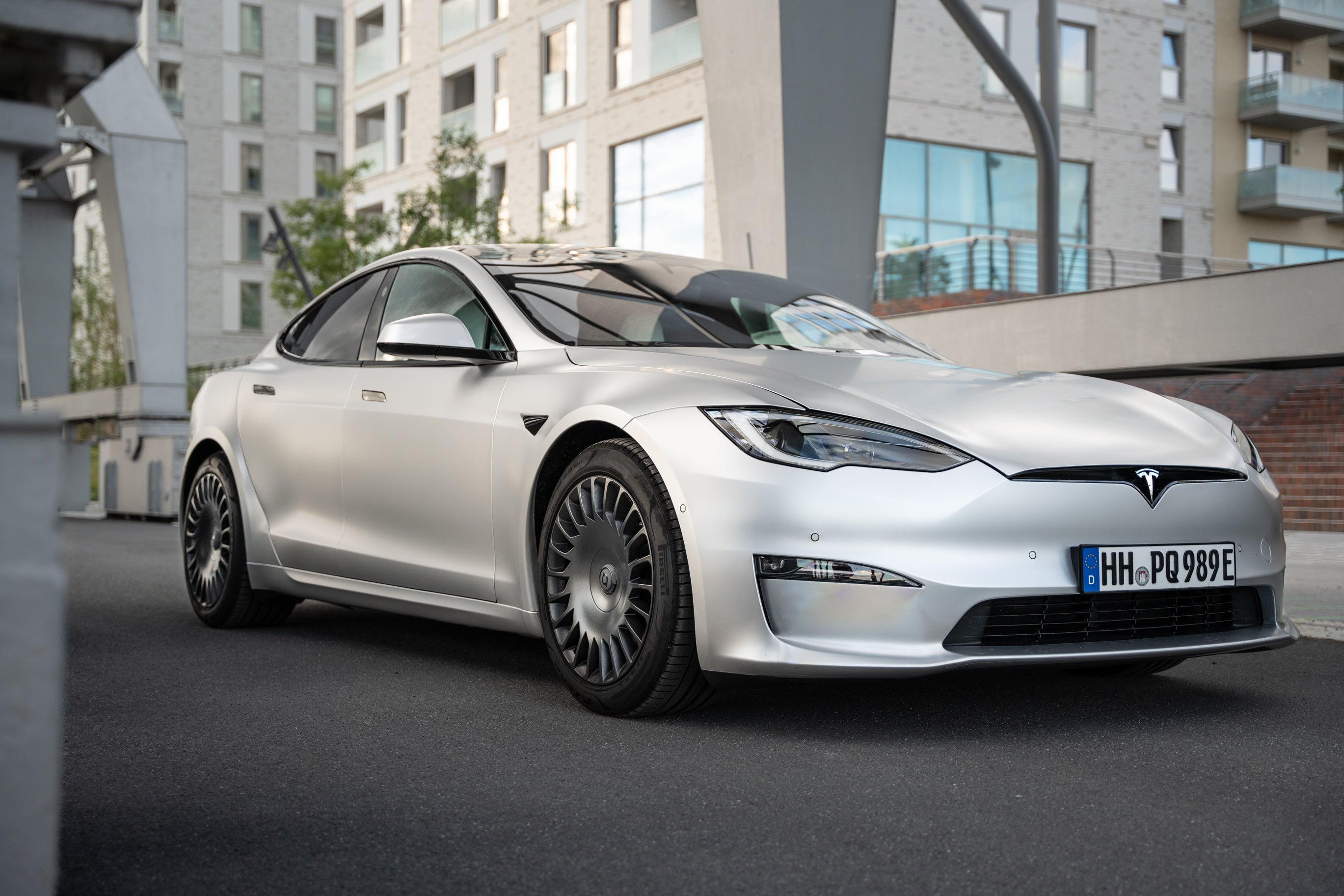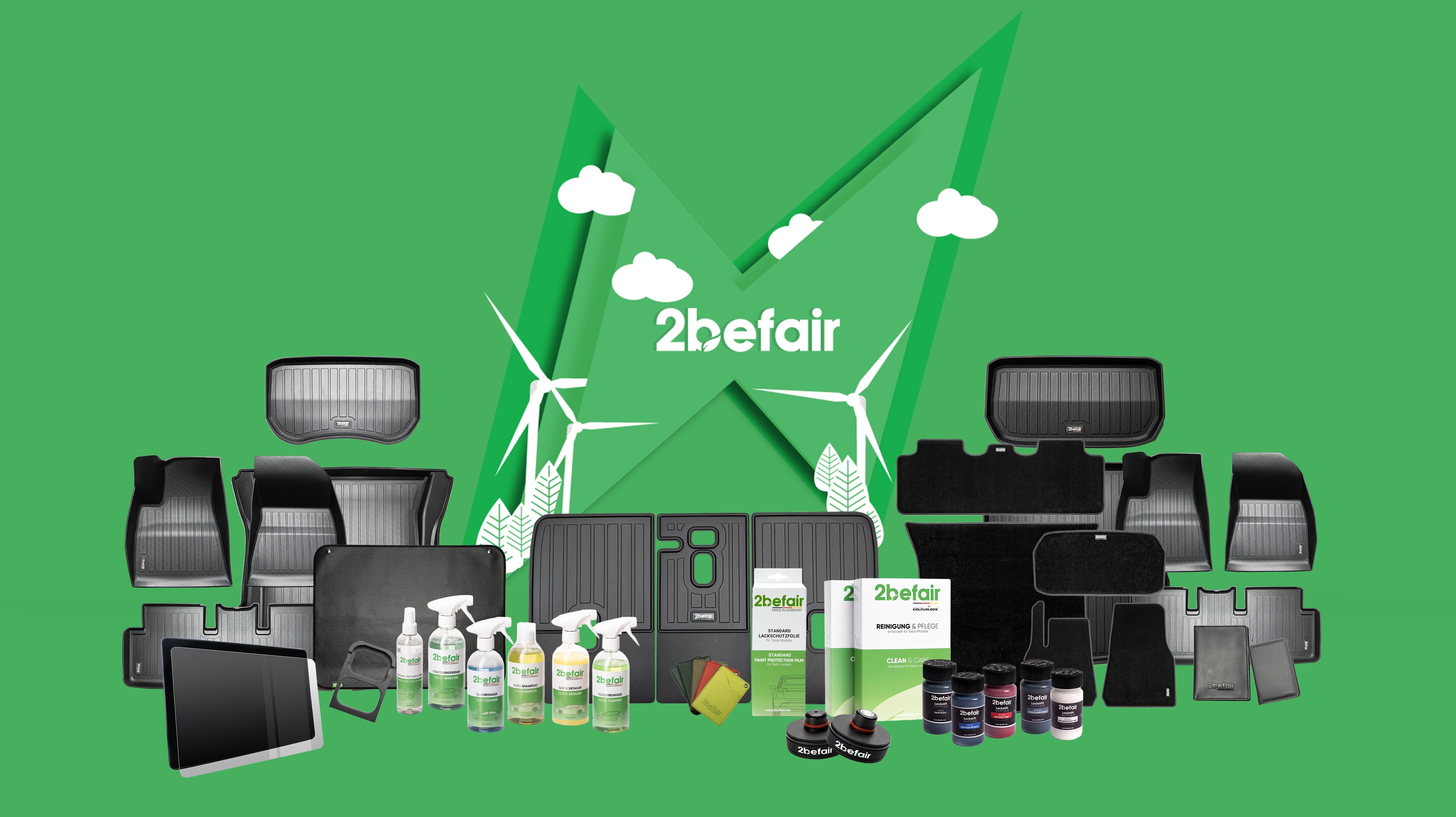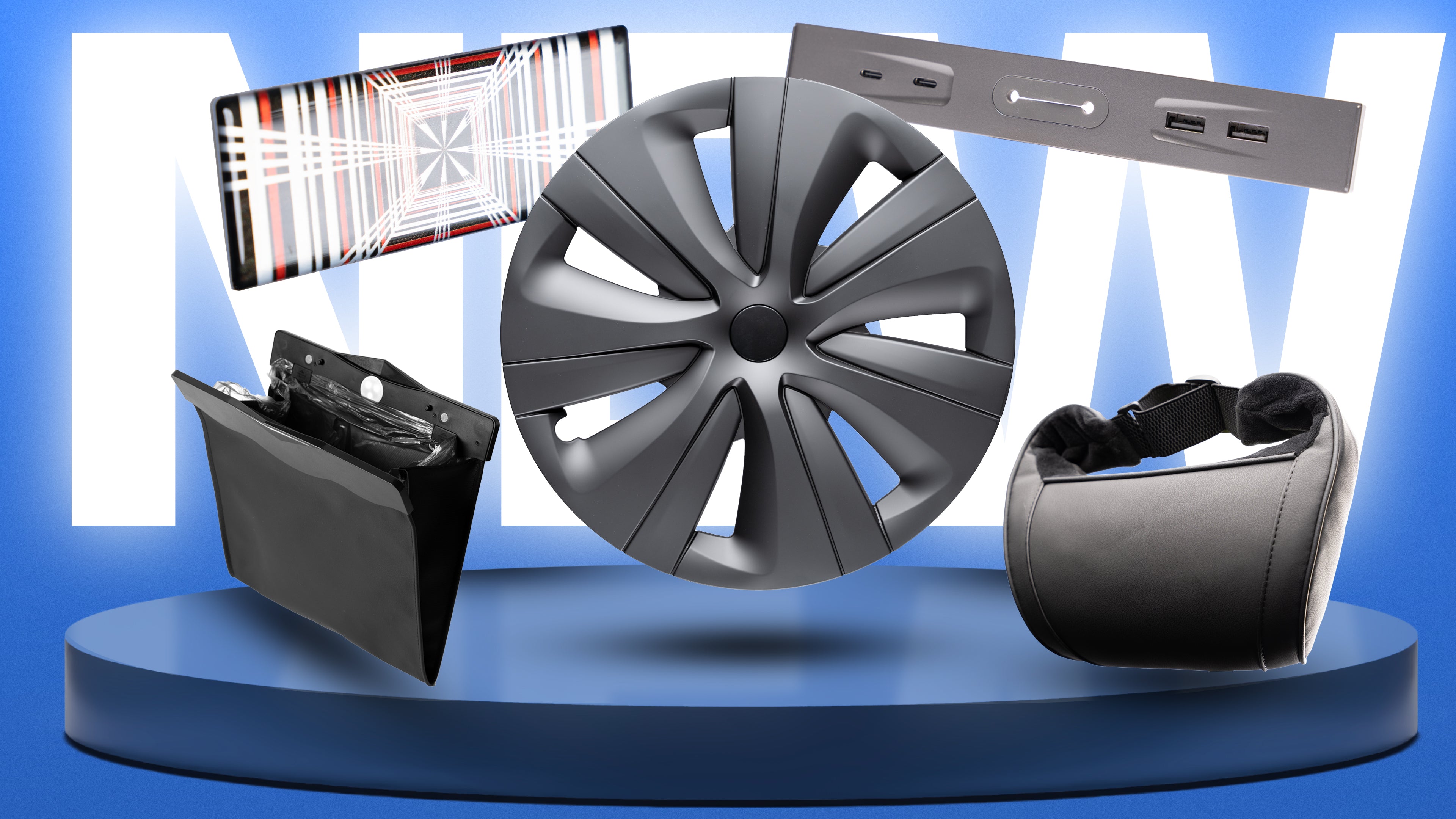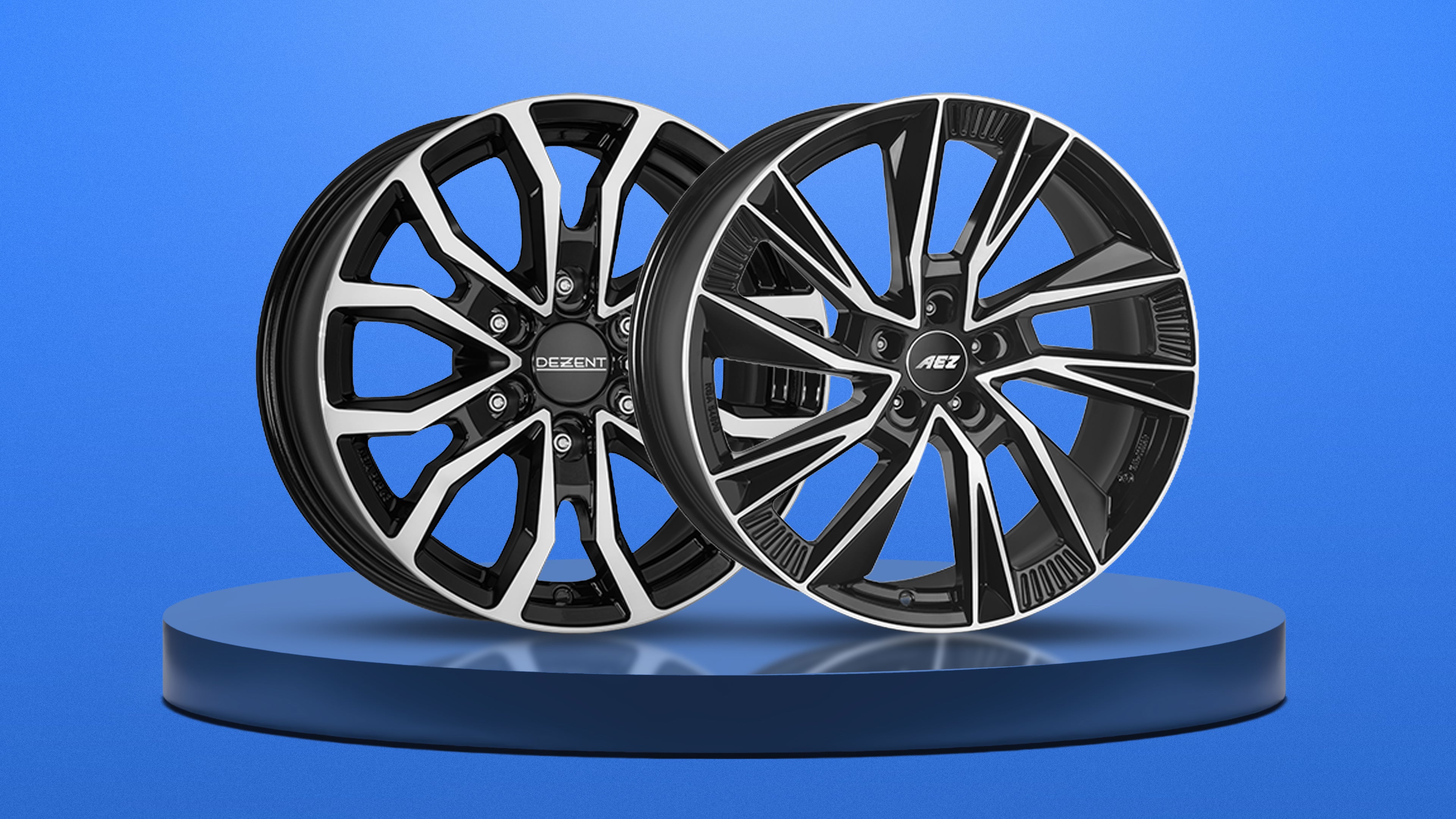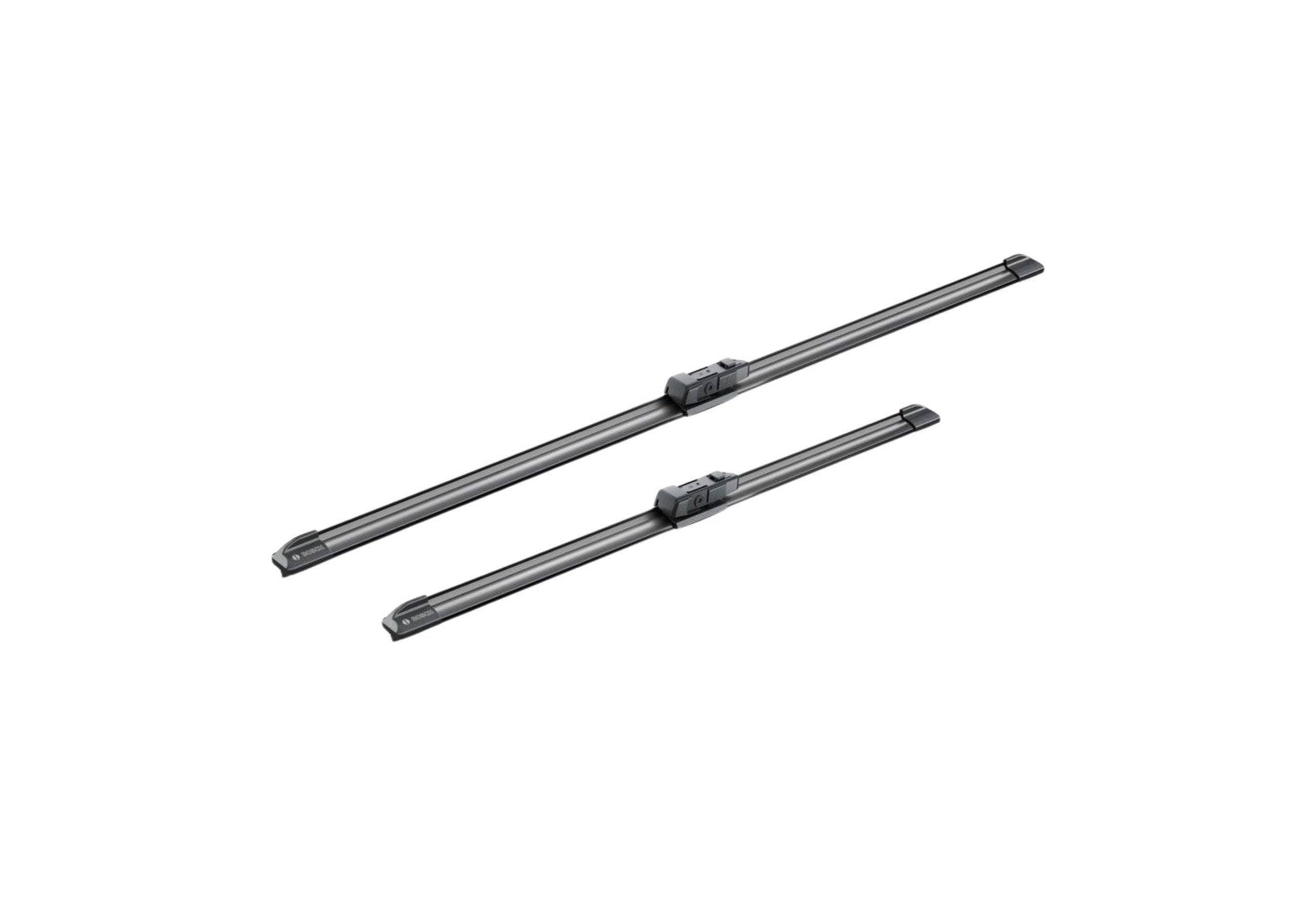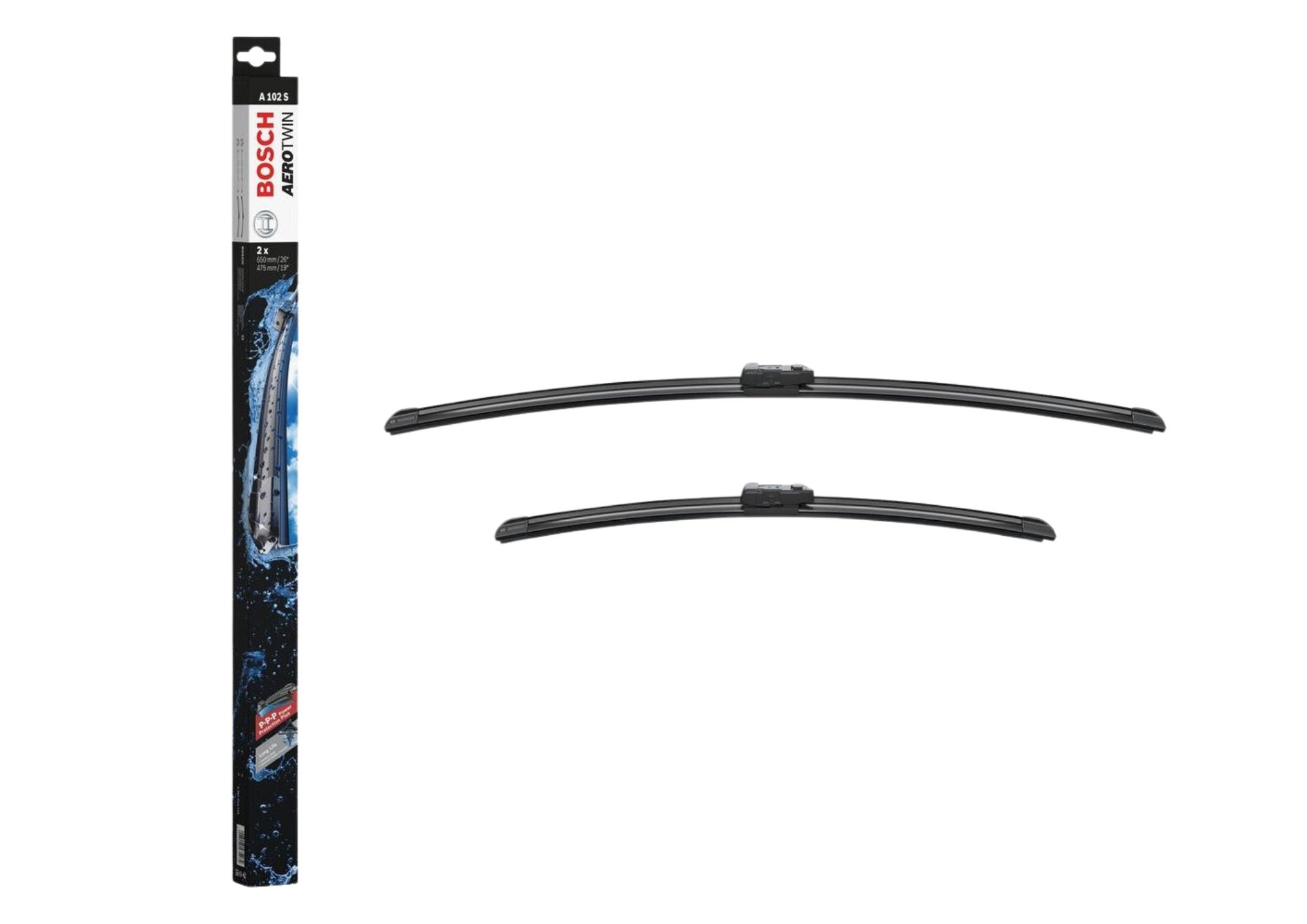Tesla has achieved a significant success in the trade dispute with the EU. The EU Commission has dropped the originally planned punitive tariffs on imports from China. Tesla-vehicles imported from China. Instead of the 20.8 percent surcharge on the standard tariff rate of 10 percent decided in July, the Tesla will now only pay an additional duty of 9 percent. This decision follows an individual review that Tesla requested after the imposition of provisional duties.
Tesla Benefits from recalculation of duties
The reduction in duties comes after Tesla requested a detailed review of the subsidies received during production. Officials from the EU Commission checked the company's data on site. The result: the additional punitive tariffs for Tesla were significantly reduced, which favors the car manufacturer over other manufacturers. Particularly affected are Teslamodels such as the low-cost model produced in China Model 3, which is imported to Europe in large numbers.
No retroactive tariffs - relief for the industry
In addition to the reduction for Tesla the EU Commission also decided that no retroactive punitive tariffs will be imposed on Chinese electric cars. Originally, tariffs of up to 37.6 percent were planned to be levied retroactively. This measure will now not be implemented, as the legal requirements have not been met according to the Commission.
Minimal reduction in customs duties for other manufacturers
Other manufacturers such as BYD, Geely and SAIC also benefit slightly from the adjustment of customs duties. For example, the punitive tariff originally set for BYD was reduced from 17.4 percent to 17.0 percent, while Geely now pays 19.3 percent instead of the previously set 19.9 percent. However, the largest reduction concerned Tesla, which can now expect the lowest punitive tariff rate in the entire industry.
European carmakers at a disadvantage
While Tesla can expect significant relief, European manufacturers such as BMW and Volkswagen continue to face higher tariffs. These companies have also applied for a reduction in tariffs, but it remains unclear whether they will have similar success as Tesla will be achieved. Especially for models such as the Cupra Tavascan and the Mini Cooper, which are produced in China, the tariffs could mean a noticeable price increase on the European market.
Future of tariffs: decision expected by October
The final decision on the tariffs is expected to be made by October 30, 2024. Until then, affected companies and interest groups can submit their comments to the EU Commission. A qualified majority of EU member states must approve the Commission's proposal, which is considered unlikely due to the high hurdles. In the first vote in July, twelve EU member states supported the provisional tariffs, while four countries opposed them and eleven abstained, including Germany.
Conclusion: competitive pressure in electromobility remains high
The EU Commission's decision shows how strong the competitive pressure is on the European electric market. While Chinese manufacturers continue to enjoy advantages through subsidies, the European car industry remains under pressure. Tesla The Chinese car manufacturer has gained an important competitive advantage thanks to the successful reduction in tariffs and will be able to further strengthen its market position in Europe. The coming months will show how the industry and politicians react to these developments.















